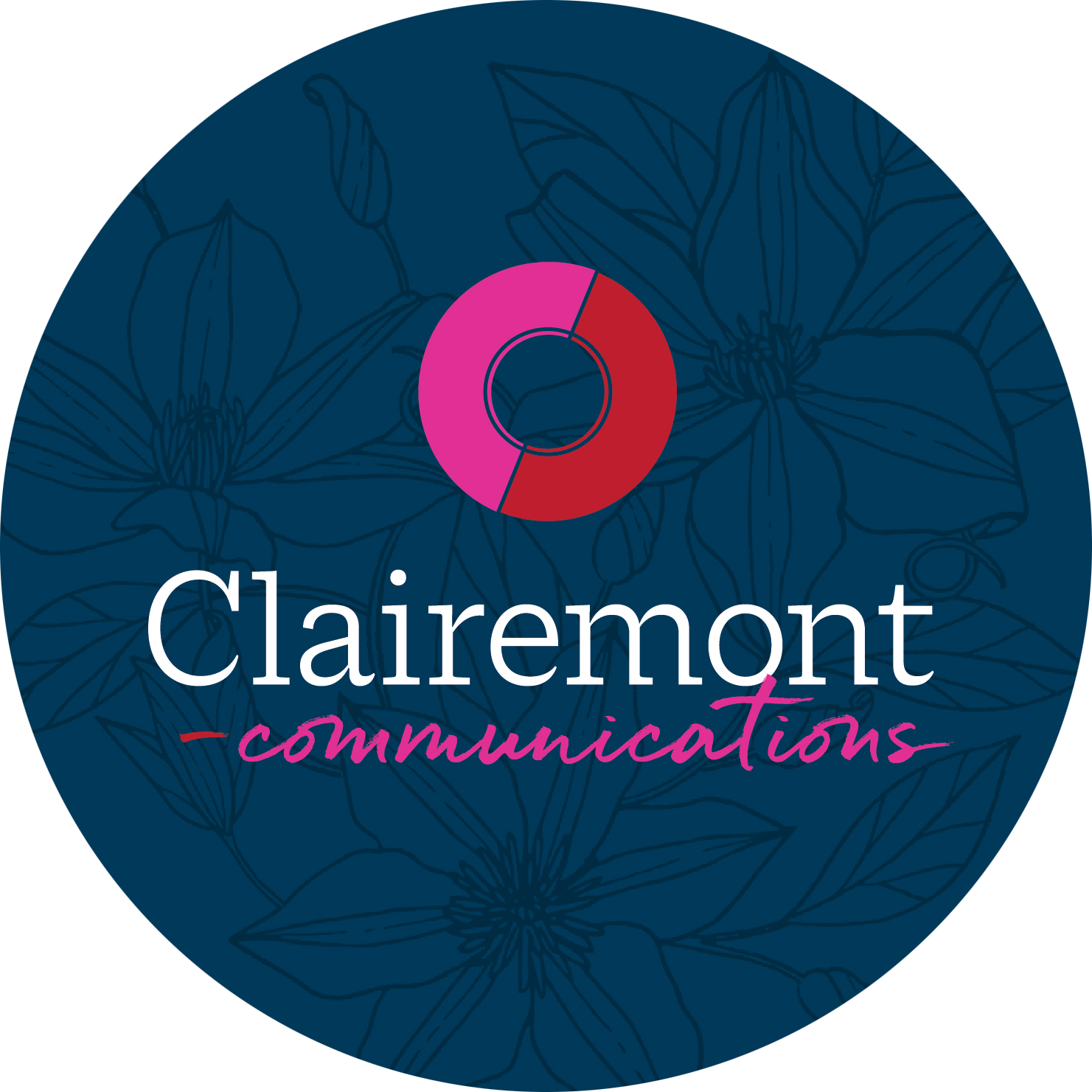In September 2016, Snap, Inc. (the company formerly known as Snapchat) announced its first venture into wearable technology. Snapchat Spectacles, a pair of sunglasses equipped with a camera, allows users to capture and wirelessly post short videos directly to Snapchat. The eyewear has a bevy of appealing advantages: ease of use, a new approach to a popular social media platform, a funky yet stylish design. To boot, viewers truly get to “see life through someone else’s eyes.”
But … Spectacles are just sunglasses. Ray-Ban makes ‘em prettier, and didn’t Google Glass already try this song and dance? So why are Americans driving cross country, lining the block (twice) in icy temperatures and dishing out a paycheck for a few pairs?
Because FoMO is a real thing.
The Fear of Missing Out (FoMO) has long punctuated social vernacular, light-heartedly stereotyping the social butterfly that can’t miss a Friday-night party. But the psychological influence of exclusivity (or perceived exclusivity) holds significant power in marketing. Similar to the concept of supply and demand, perceived scarcity is often directly correlated with perceived value. In other words, the less of a product there is, the more valuable we think it is and the more we want it. Less really is more.
But basic economics don’t fully explain the intricacies of a craze like Spectacles. Communication theories, such as the Spiral of Silence and Social Identity Theory, unveil the complex influences of social groups; from this standpoint, a person finds self-value as a member of a larger group, and if the group is doing it, I must too in order to maintain my sense of self. Self-value and identity imbue the situation with higher stakes.
And in this case, Snap, Inc., hit the nail on the head. Unlike Apple, where the newest iteration of the iPhone is tough but not impossible to procure, Snap tripled the effect by limiting quantity, location and time: one location in the country at a time, while supplies last (which appear to be only a few hundred) with only a brief 24-hour notice. It goes without saying that Snap, Inc. created a user-friendly, innovative product that met a niche demand. But the intentionality behind the roll-out strategy may have made the difference between a flop and a flying success.
Interested in product and event marketing? Check out how to incorporate marketing coopetition into your next venture!
Photo courtesy of Snap, Inc.

